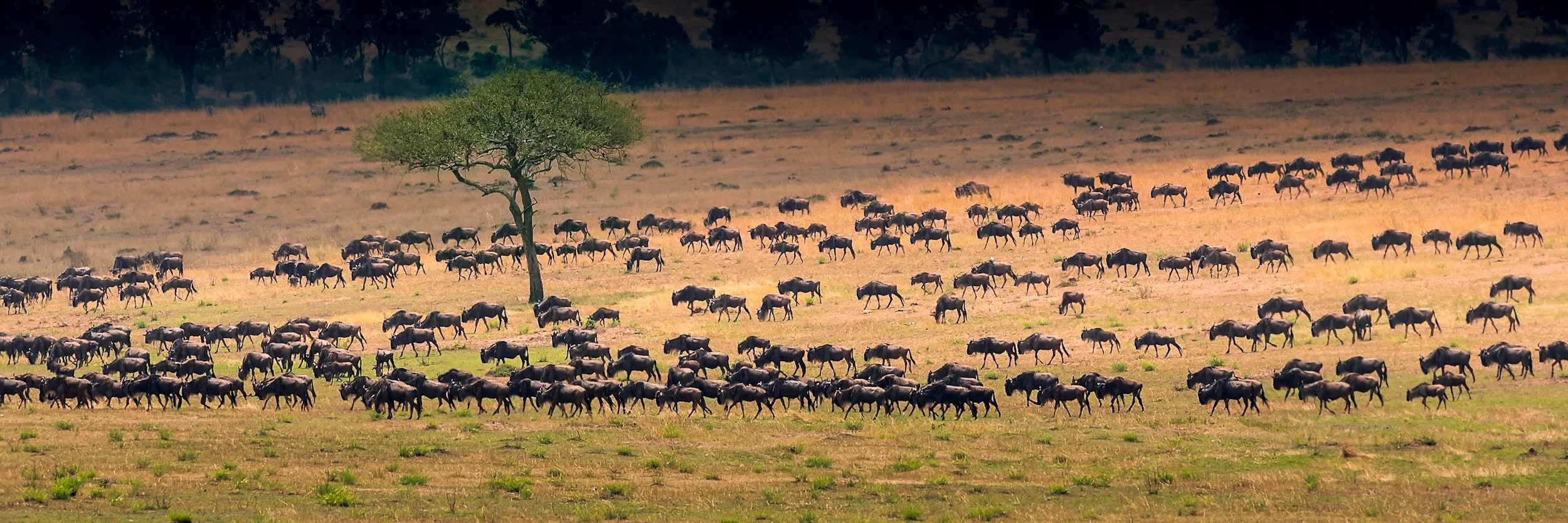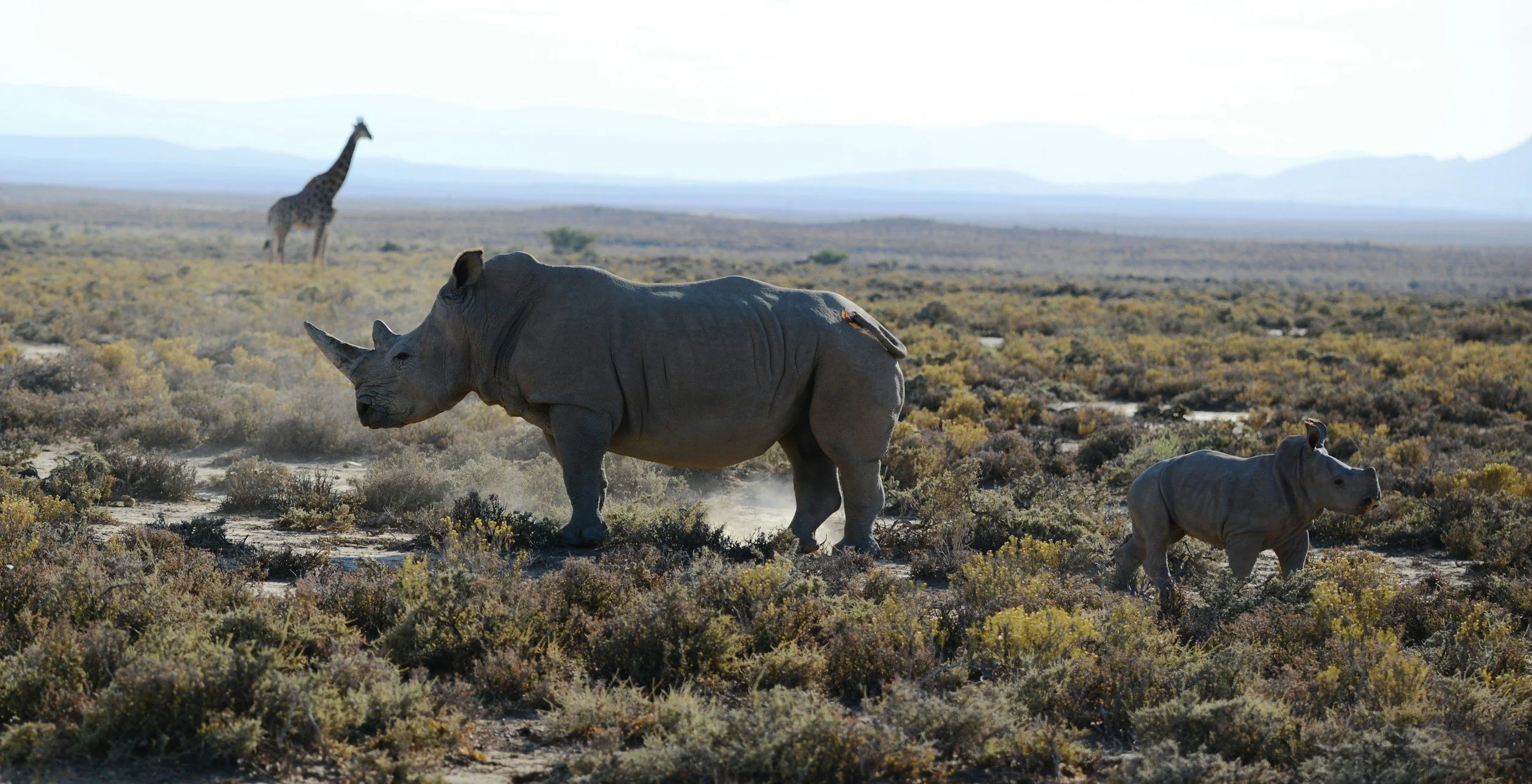Hunting and Conservation: How Safaris Help Protect Wildlife
Hunting and conservation might seem like each others opposite, but regulated hunting plays a key role in protecting wildlife. It's important to understand that sustainable hunting practices are carefully managed to ensure they support conservation efforts. By adhering to strict guidelines and quotas, hunting can help maintain healthy wildlife populations and ecosystems.
One of the main ways hunting supports conservation is through the funding it provides. The money from hunting permits and licenses goes directly to conservation projects and the management of protected areas. This financial support is essential for preserving habitats and ensuring the well-being of various species. In addition, hunting tourism brings economic benefits to local communities, giving them a reason to invest in conservation efforts.
Habitat preservation is another crucial aspect of how hunting contributes to conservation. Maintaining natural habitats is vital for the survival of wildlife. Hunting helps promote sustainable land use practices and the protection of large areas of land. Private game reserves and conservancies play a significant role in these efforts, creating safe environments where wildlife can thrive.
Understanding the role of regulated hunting in conservation can help dispel common misconceptions. It's crucial to distinguish between ethical hunting practices and illegal poaching, which harms wildlife populations. By recognising the positive impact of hunting on conservation, we can better support efforts to protect and preserve our natural world.
The Role of Regulated Hunting in Conservation
Regulated hunting practices are crucial for maintaining wildlife populations. Authorities set strict rules that hunters must follow, including obtaining special permits and hunting only in designated areas. These rules help control the number of animals taken, ensuring that hunting does not harm the overall population. By following these guidelines, hunters can enjoy their sport while contributing to conservation.
Hunting quotas are another way to prevent the over-exploitation of wildlife. These quotas are set based on scientific research and population surveys. They limit the number of animals that can be hunted each season. Quotas ensure that enough animals remain to breed and sustain the population. This system has been successful in keeping various species from becoming endangered.
Examples of successful wildlife management through hunting can be seen in several cases. For instance, the white rhinoceros population in South Africa has recovered significantly due to regulated hunting. Hunters pay high fees for permits, and these funds are used for anti-poaching efforts and habitat restoration. This balance of hunting and conservation helps protect endangered species.
Economic Benefits of Hunting Safaris
Hunting safaris generate significant revenue through permits and licenses. These permits can be quite expensive, and the money goes directly into conservation efforts. This system ensures that funds are consistently available to maintain wildlife habitats and support anti-poaching measures. Without this financial support, many conservation projects would struggle to survive.
The money from hunting permits also funds various conservation projects and protected areas. For example, money can be used to hire more rangers, purchase equipment for monitoring wildlife, and restore habitats damaged by natural disasters or human activities. These projects are crucial for maintaining the health of ecosystems and ensuring the survival of numerous species.
Local communities benefit economically from hunting tourism as well. Hunters often spend money on accommodation, food, and local guides, providing jobs and boosting the local economy. This economic incentive encourages communities to protect wildlife and support conservation efforts. By involving local populations, we can create a more sustainable and effective conservation strategy.
Hunting as a Tool for Habitat Preservation
Hunting plays a significant role in maintaining natural habitats. When hunters pay for access to hunting grounds, their fees often go towards the upkeep and conservation of these areas. This ensures that the land remains a viable habitat for various wildlife species. This way, hunting encourages the preservation of large land areas, which might otherwise be converted to agriculture or urban development.
Private game reserves and conservancies are key players in habitat preservation. They often manage vast amounts of land that are home to many species. These reserves rely on hunting revenues to fund their operations, including anti-poaching measures and habitat restoration projects. By supporting these conservancies, hunters help to secure protected areas where wildlife can thrive.
Sustainable land use practices are also promoted through hunting. For example, careful management of vegetation and water resources ensures that the habitat remains suitable for both game species and other wildlife. This balanced approach benefits the ecosystem as a whole, creating a healthy environment where diverse species can coexist.
Addressing Misconceptions About Hunting and Conservation
There are many myths and misconceptions about hunting and conservation. Some people think that hunting always harms wildlife populations, but this is not true when hunting is regulated. Ethical hunting practices follow strict guidelines to ensure that wildlife populations remain healthy and sustainable. By understanding these guidelines, we can see that regulated hunting supports conservation. At Side by Side Safaris we have seen a massive increase of animals on our farm due to our ethical hunting principles.
Ethical hunting is very different from poaching. Poaching is illegal and uncontrolled, leading to the decline of many species. Ethical hunting, on the other hand, is closely monitored and managed to benefit wildlife. Hunters follow quotas and rules to ensure that their activities do not harm the overall population. This difference is crucial to understanding the role of hunting in conservation.
There are many success stories of species recovery aided by hunting policies. For example, the Namibia Community-Based Natural Resource Management programme has seen wildlife populations increase thanks to regulated hunting and community involvement. These stories highlight how hunting can be a powerful tool for conservation when done responsibly.
Hunting and conservation can work together to protect wildlife and habitats. Through regulated hunting practices, we can ensure that animal populations are kept at sustainable levels. The economic benefits from hunting permits and licences fund vital conservation projects, while local communities gain financially from hunting tourism. Additionally, hunting encourages the preservation of natural habitats and promotes sustainable land use practices.
By addressing common misconceptions about hunting, we can better its role in conservation. Ethical hunting, distinct from poaching, supports the recovery of species and the maintenance of healthy ecosystems. Understanding the nuances of regulated hunting helps us see it as a valuable tool in protecting our natural world.
If you're interested in experiencing a South African hunting safari that contributes to wildlife conservation, visit Side by Side Safaris. Join us in supporting sustainable hunting practices that help protect and preserve our incredible wildlife and habitats.


